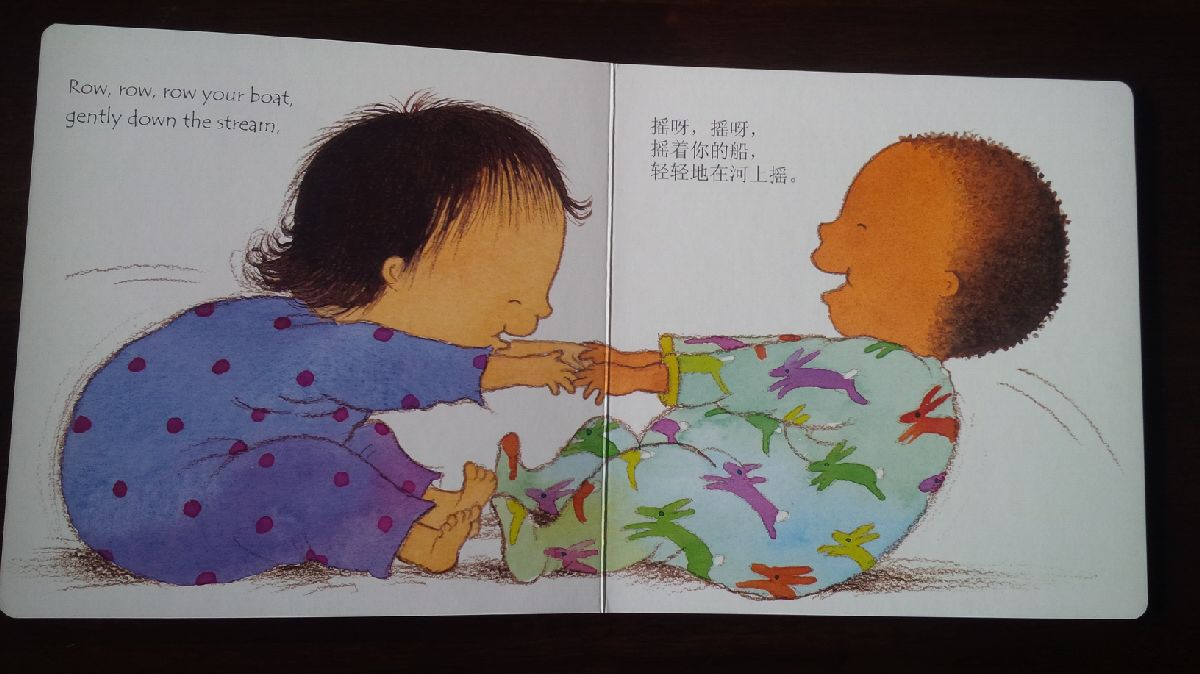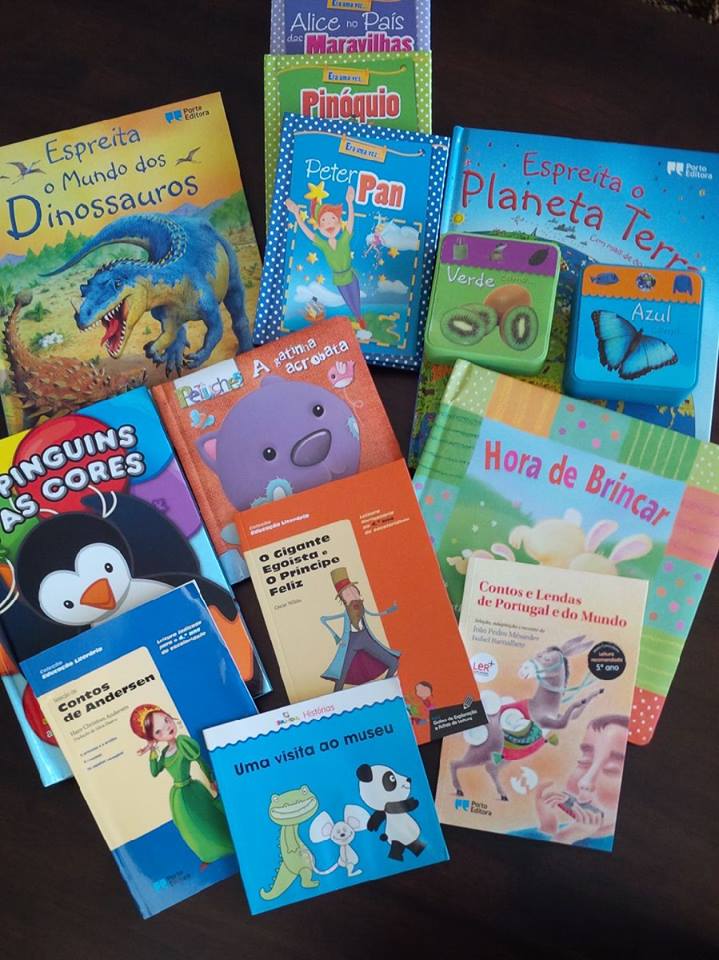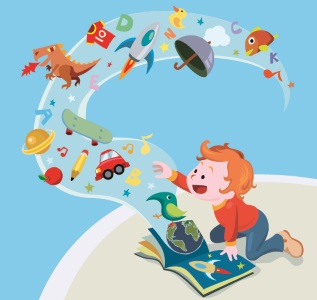
Did you know that according to the 2011 Census data 18% of people in Australia spoke a language other than English at home.
Can you guess the top 10?
In decreasing order we have Mandarin, Italian, Arabic, Cantonese, Greek, Vietnamese, Tagalog, Spanish, Hindi and German as the most spoken languages other than English. Are you surprised?
There is a variety of reasons why non-English languages are spoken at home and not only because of limited proficiency in English, for example one person of the couple may want to practise the non-native language, or both persons have migrated and speaking their home language is just more natural.
We have a couple of friends, he is French and she is Peruvian, they used to live in Perth and spoke Spanish at home. She was also fluent in French but he wanted to practise his Spanish.
Our own family is very “international”. I was raised bilingual Portuguese-French, then I came over to Perth to study a postgraduate degree at the university where I met my husband. He is from Peru. I am also fluent in Spanish, therefore it naturally became our home language.
When we had our children we decided that no matter what, they will learn their parents’ languages. This is why I speak Spanish to my husband and French to my children. My husband speaks Spanish to the children. None of us feels excluded because my husband understands and speaks French too. But why choose one language when we can teach more to our children and the beauty is that they are not at all confused. They know when and whom they can speak French, Spanish or English to.
We are both proficient in English but it just did not seem natural to speak English at home when we could speak each other’s native tongues.
At Le Toboggan we like bilingual books because they are great resources for parents who are raising kids in more than one language. But not only that, these books are also great for people learning a new language.
We can share the same book to tell the same story in 2 different languages. Our children get to develop and expand their vocabulary in both languages without translating. They already know the story in one language, they will learn the new words without any difficulty.
I get new books from the local library every couple of weeks and some days it is ‘hard work’ to adapt the English text to French or whichever language you speak at home. It is just relaxing to have the book already in your native tongue. You just have to read and not make up the story.
Reading bilingual books develops and reinforces languages skills and vocabulary acquisition.
Bilingual books are also great to keep children interested in the foreign language. It is a great way to introduce the culture and not just the language.
Bilingual books are a formidable tool for people wanting to learn a new language. Children’s books are ideal as they offer original and fun stories and the degree of difficulty increases with the reading age and proficiency.
This is why we would like to share our latest additions to our collections:


Follow the adventures of Curious George or Jorge el curioso in ‘Curious George at the baseball game’, ‘Curious George visits the library’, ‘Curious George cleans up’, Curious George plants a seed’, ‘Curious George dance party’ or the little dog Martha in the Martha speaks collection.
Check our home page out for more bilingual books in English-French, -German, -Japanese, -Vietnamese, -Russian, -Italian and more…
Happy reading!








